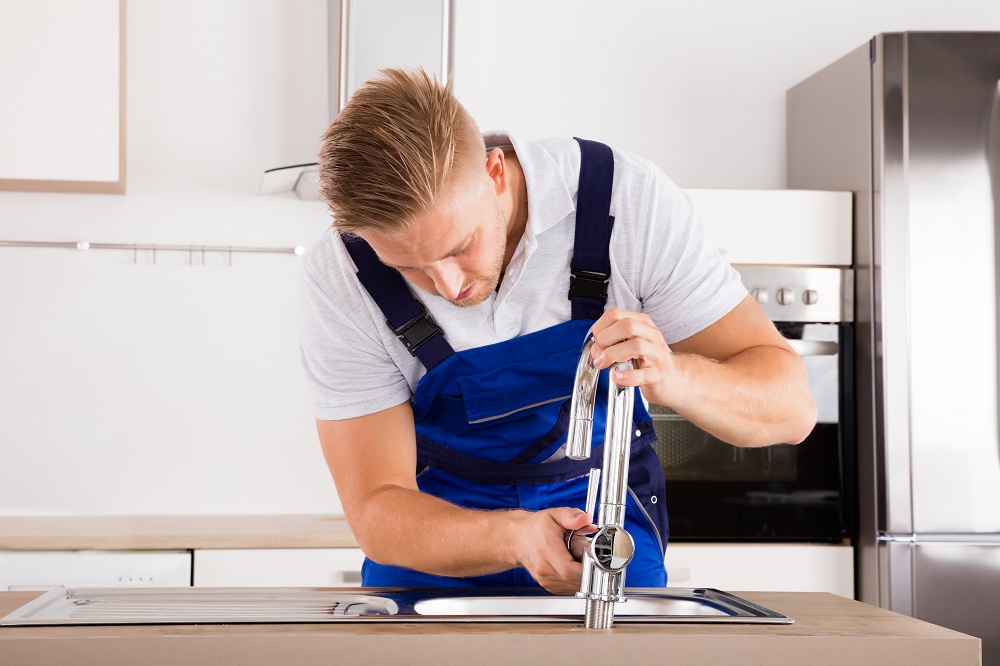Drip. Drip. Drip. It’s the sound that keeps you up all night. The small leaks from your faucet can be an annoying problem, but more importantly, a costly one. According to EPA, more than 3,000 gallons of water a year is wasted when a faucet leaks one drip per second.
If you don’t understand how wasteful that is, just imagine: That amount of water could have been used for 180 showers. In other words, your leaky faucets are pouring money down the drain. What exactly causes these leaky faucets in the first place? Here are some of the culprits:
1. Worn Out O Rings
A stem screw — the piece that secures a faucet — has a tiny disk, called the O ring. In cartridge faucets, O ring seals the gap between the cartridge and other internal parts. Over time, due to everyday use, it gets worn out and causes leaks at the base and many problems with hot and cold water mixing.
The solution here is to replace the O ring, but you should also check if there’s damage in the cartridge. You can find replacement parts in local hardware stores, but if you suspect that there are other hidden leaks in your home, it’s best to call local plumbers. All Hours Plumbing and HVAC noted that these Salt Lake City experts would have the tools to detect such invisible leaks.
2. Corroded Valve Seat
If you notice that the leak is coming from the spout, there’s a high chance that you’re dealing with corrosion in the valve seat. This connects the faucet and the spout in the compression mechanism. When water sediments build up, it causes damage and contributes to leaks. It’s important to remove this quickly, as it can affect the rest of the faucet. But, of course, the best action is still prevention. Avoid this problem by cleaning the valve regularly. You might even need the help of the pros.
3. Washer Problems
When you turn on the faucet, the washer is pressed against the valve seat. Over time, this constant friction causes damage to the washer, which eventually leads to leaks. Replace your worn out washers to stop the dripping. Do note that incorrect installation or size of a washer can contribute to the problem. This is the reason it’s always best to have pros do the replacement for you.
Dripping sounds from leaky faucets aren’t just an annoying problem. Keep an eye on these culprits to avoid and prevent this money-wasting issue.

